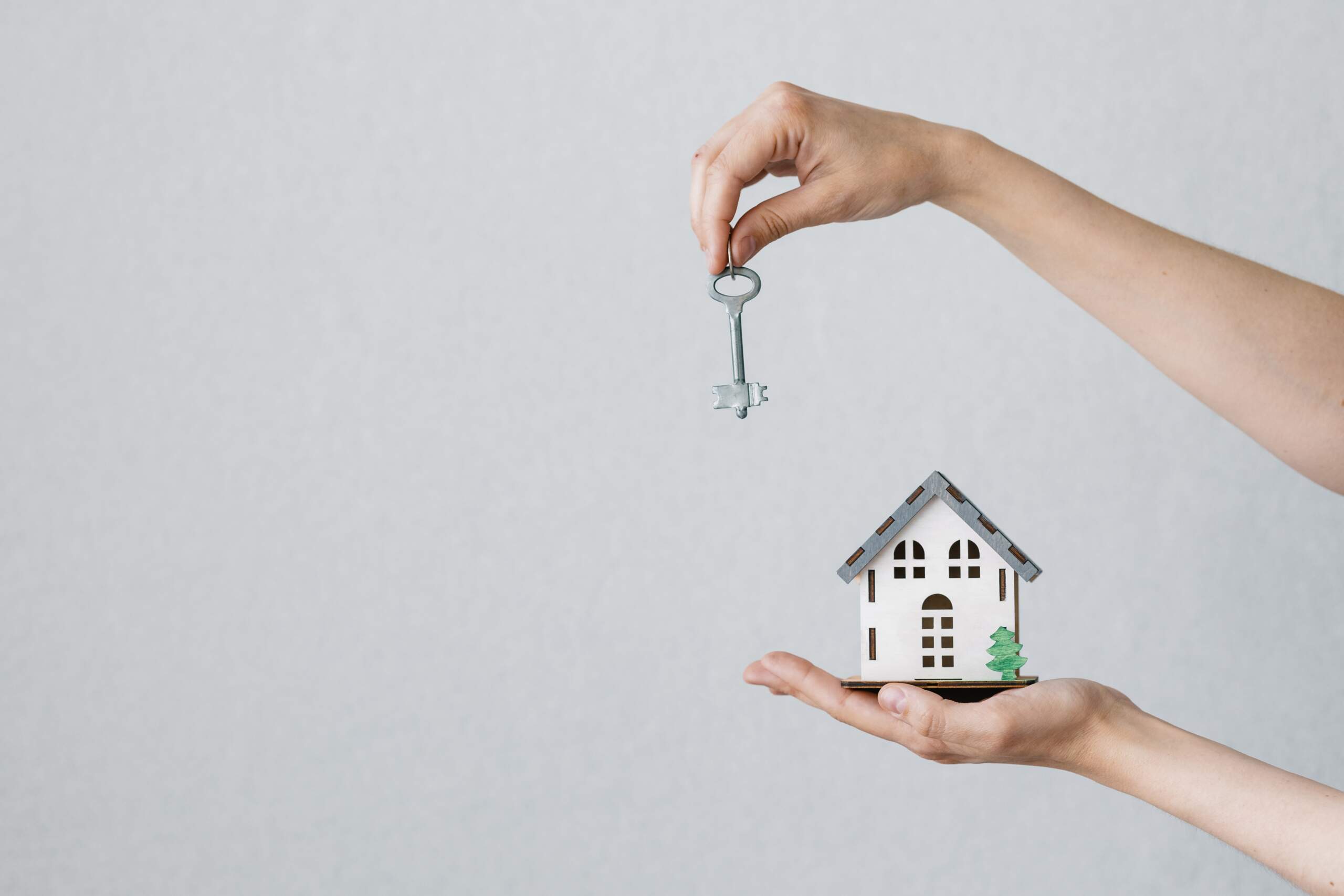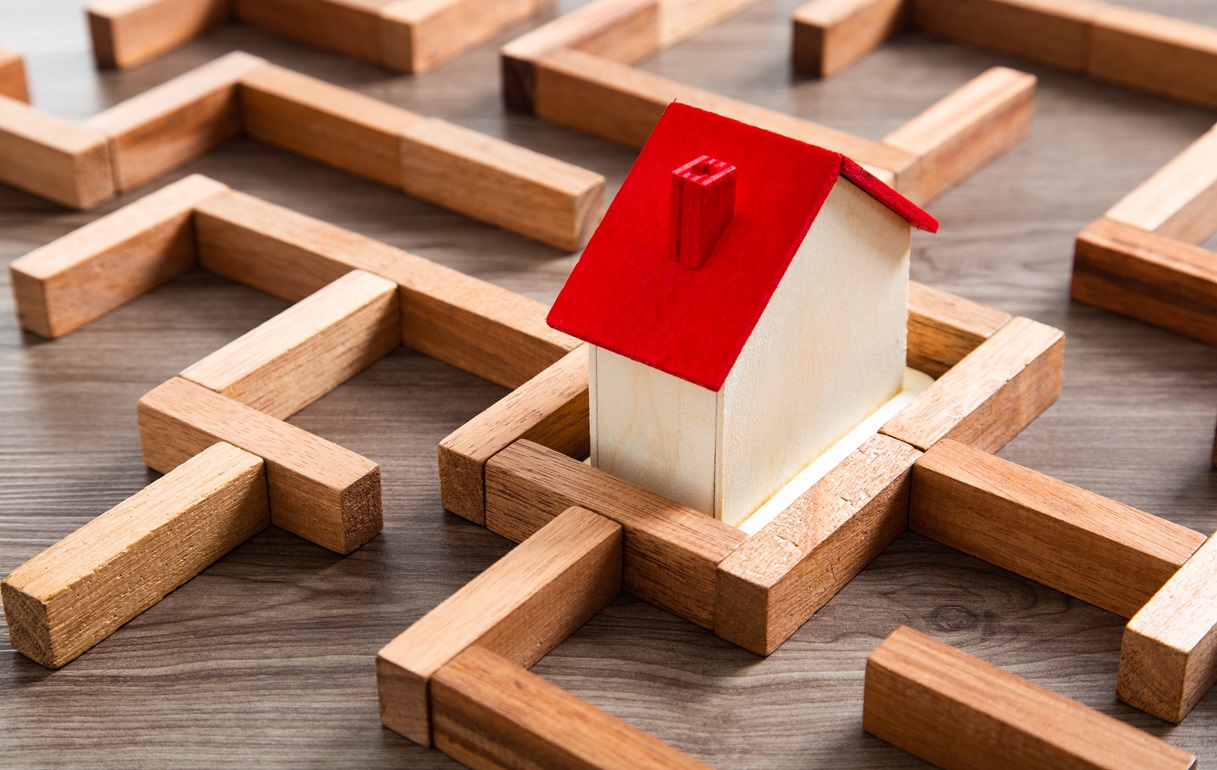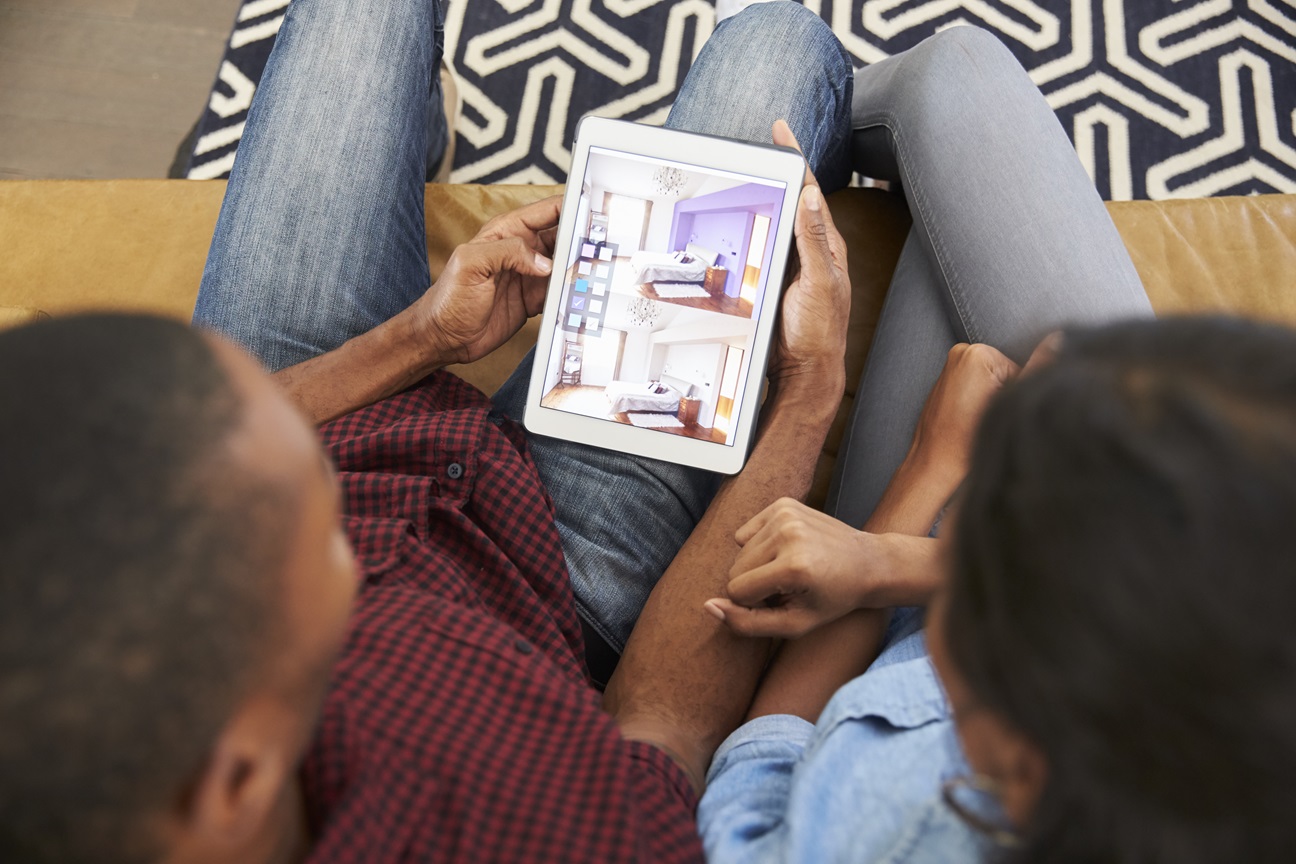The excitement of becoming a first-time homeowner can make it tempting to buy a house and move right in. But how long should you plan to stay in your first home before moving on? This is an important question to consider carefully. When buying your first home, the length of time you should stay depends on several key factors. This includes your financial situation, housing needs, and future plans. In this article, we’ll explore the pros and cons of different ownership durations and provide some tips and advice to help you make the right decision for your circumstances.
How Long Do I Wait Before Selling? Key Financial Considerations
If you’re planning on buying your first home, you may be wondering, how long should you plan to live in your new property. Your initial investment and ongoing costs are a big part of the equation. This includes your down payment, closing costs when buying, principal and interest payments, and home appreciation over time. You also have to factor in transaction costs when you eventually sell, like real estate commissions and closing fees.
It takes time to build equity through your monthly mortgage payments and market appreciation. Generally, the longer you stay, the more equity you’ll accrue. This can offset the costs of selling and buying again. But staying too long has opportunity costs, as your equity remains tied up in your home.
Market Timing and Trends
Local real estate market conditions play a role as well. Markets fluctuate in the short term but generally appreciate over the long term. Economic factors like interest rates and the job market also impact prices. It’s ideal to buy and sell when prices are rising.
Selling sooner may allow you to take advantage of short-term fluctuations. But this involves more risk. Staying longer helps ride out downturns but limits flexibility. Consider both national and local trends when deciding.
Factors Influencing the Decision
Major lifestyle changes often spur a home sale. Things like family size, new careers, or relocation can shift your needs. Financial goals matter too. You may want to sell to free up equity or adjust your investment strategy. Additionally, emotional attachment can also keep you in a home longer. There are numerous factors that can influence a homeowner’s decision to sell. But in the end, what matters is that it makes sense for you, your family, and your finances.
The Pros and Cons of Different Durations
Here’s an overview of the upsides and downsides of short, medium, and long-term ownership:
Short-term (1-5 years)
- Pros: Potential for quick equity gains; flexibility to move again soon.
- Cons: Transaction costs eat into profits; vulnerability to market swings.
Medium-term (5-10 years)
- Pros: Build significant equity; stabilize against moderate downturns.
- Cons: Opportunity cost of equity tied up; maintenance expenses.
Long-term (10+ years)
- Pros: Maximize forced savings through equity; potential rental income.
- Cons: Reduced flexibility; required home maintenance.
Strategies for Making the Right Decision
Carefully consider your financial plan, housing needs, and goals before buying. Also, consider consulting real estate and financial experts. These professionals can help you understand important tax implications and weigh the benefits versus tradeoffs for your situation.
The ideal length of time to stay in your first home depends on many personal factors. Ideally, you should aim to balance your financial objectives with your lifestyle needs. With careful planning, you can make a calculated decision that aligns with your goals and circumstances.
Speak to an Expert About Buying Your First Home
Buying your first home is a major financial milestone. Let us help you make smart, informed decisions so you can build lasting wealth through homeownership. Contact us today to start a conversation about your goals!




